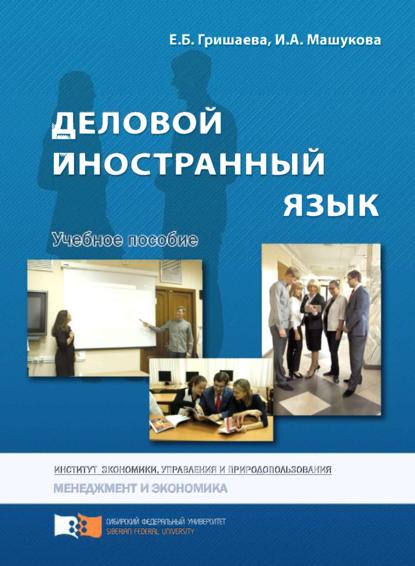По всем вопросам обращайтесь на: info@litportal.ru
(©) 2003-2024.
✖
Деловой иностранный язык
Настройки чтения
Размер шрифта
Высота строк
Поля
? Safety vs. risk. In some societies, organizational decision makers are risk-aversive and have great difficulty with conditions of uncertainty. In others, risk- taking is encouraged, and decision making under uncertainty is common.
? Individual vs. group rewards. In some countries, personnel who do outstanding work are given individual rewards in the form of bonuses and commissions. In others, cultural norms require group rewards, and individual rewards are frowned on.
? Informal vs. formal procedures. In some societies, much is accomplished through informal means. In others, formal procedures are set forth and followed rigidly.
? High vs. low organisational loyalty. In some societies, people identify very strongly with their organisation or employer. In others, people identify with their occupational group, such as engineer or mechanic.
? Co-operation vs. competition. Some societies encourage co-operation between their people. Others encourage competition between their people.
? Short-term vs. long-term horizons. Some nations focus most heavily on short-term horizons, such as short-range goals of profit and efficiency.
Others are more interested in long-range goals, such as market share and technologic development.
? Stability vs. innovation. The culture of some countries encourages stability and resistance to change. The culture of others puts high value on innovation and change.
These cultural differences influence the way that international management should be conducted. The accompanying text provides some examples in a country where many international managers are unfamiliar with day-to-day business protocol.
Task 2. Comprehension 1
1. Explain the meaning of the word ‘diversity’. Expand the notion of ‘cultural diversity’. What spheres of person’s life can be discussed from the ‘cultural diversity’ point.
2. The Table 2 shows cultural differences of countries in handshake. Suppose, what this peculiar feature for every country can say about its mentality: way of thinking, behavior, management approach.
3. Through your personal experience say why it is important to take into account information about the cultural differences while dealing with foreign partners.
4. From the point of view of interculturalists the ‘culture’ includes the following types of culture:
Explain how you understand each of these cultures.
Task 3. Reading 2
Getting started
? Do you like to live and to work in a foreign country? Why/Why not?
? Before reading the text, discuss in small groups what the differences in European and Asian cultures are.
Вы ознакомились с фрагментом книги.
Приобретайте полный текст книги у нашего партнера:
Приобретайте полный текст книги у нашего партнера:





